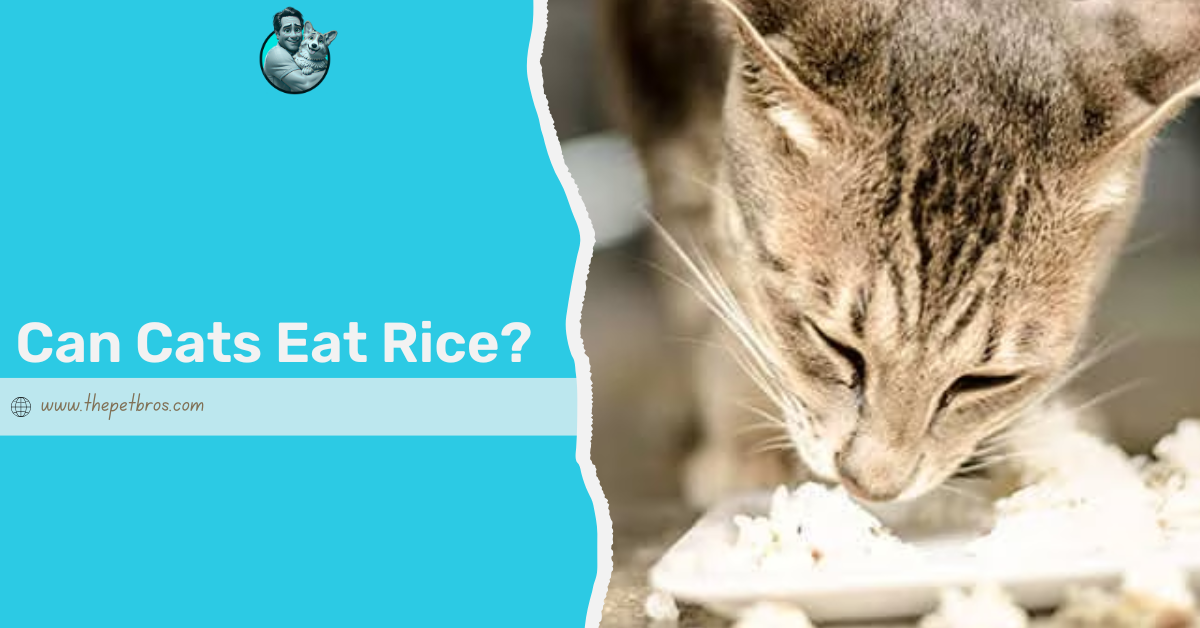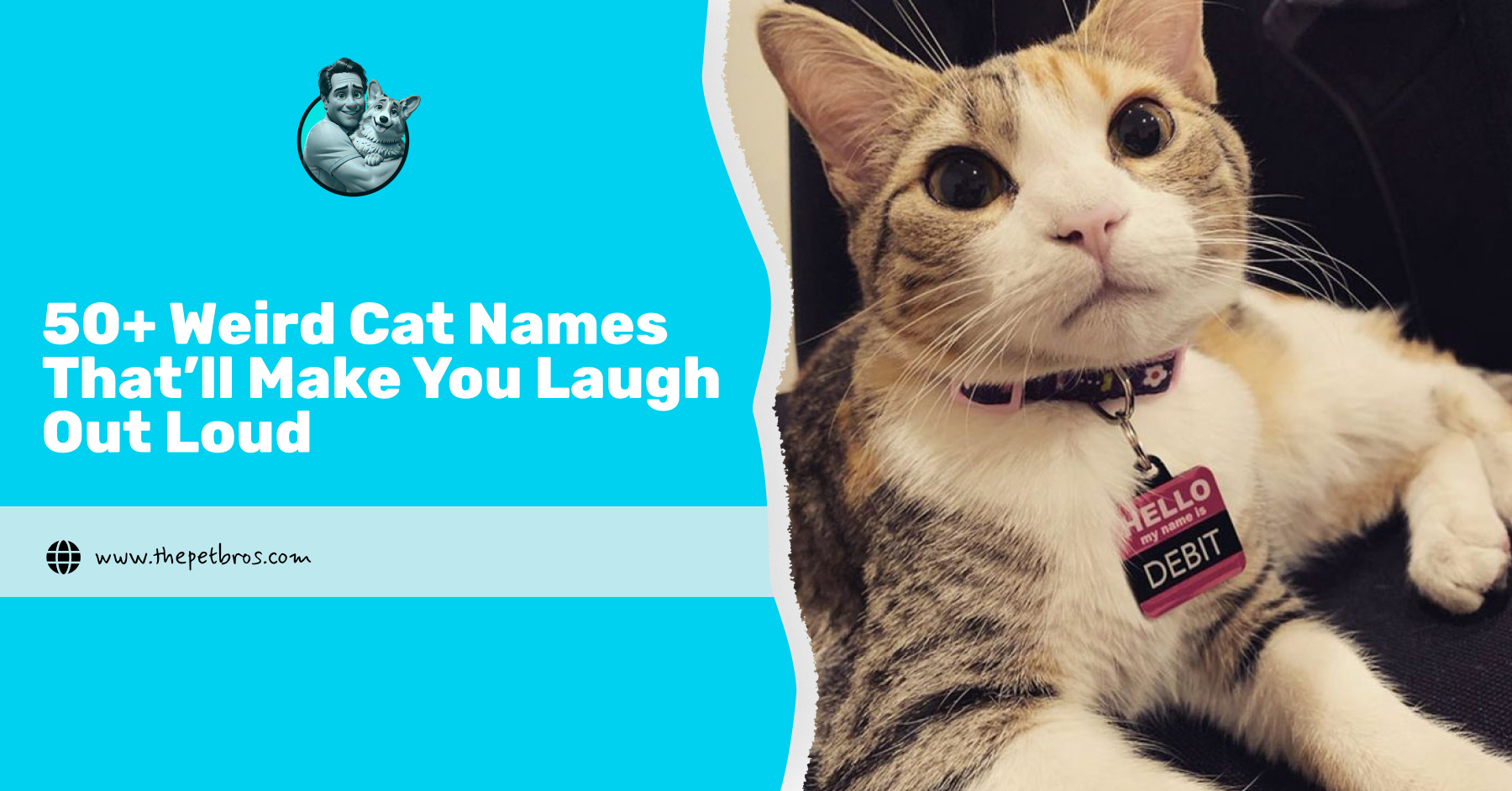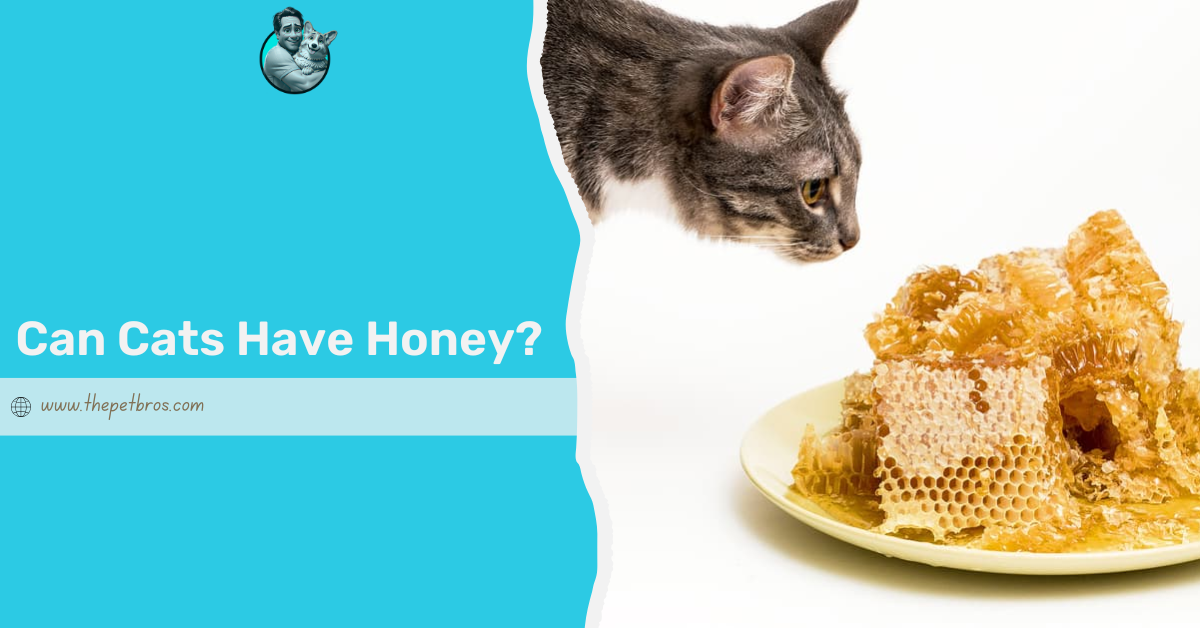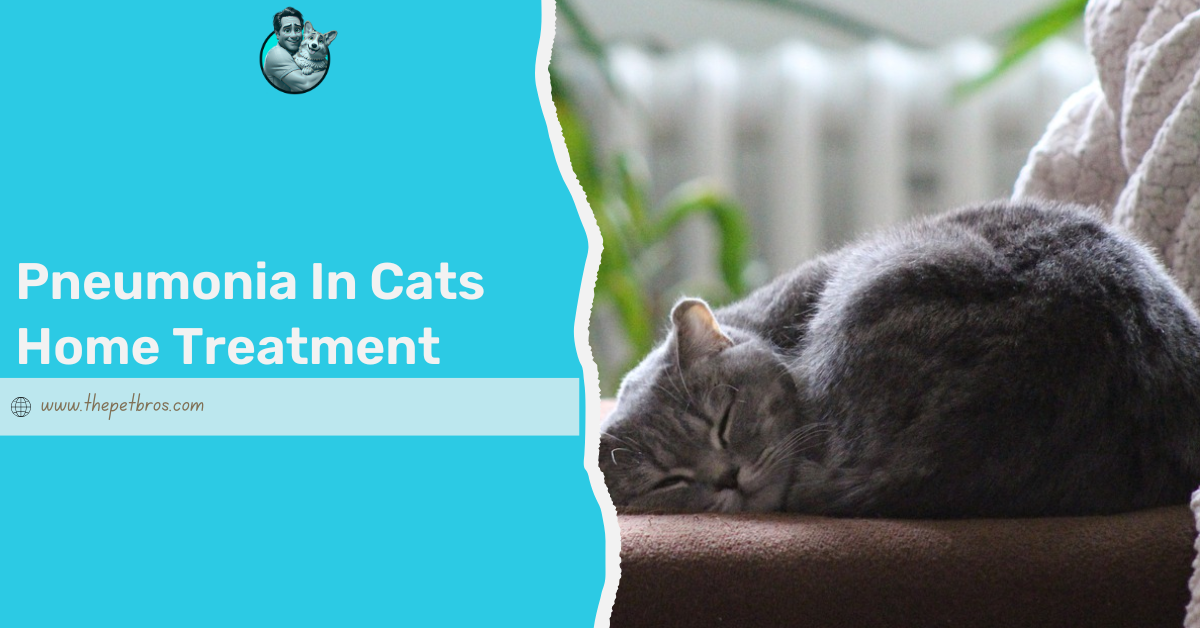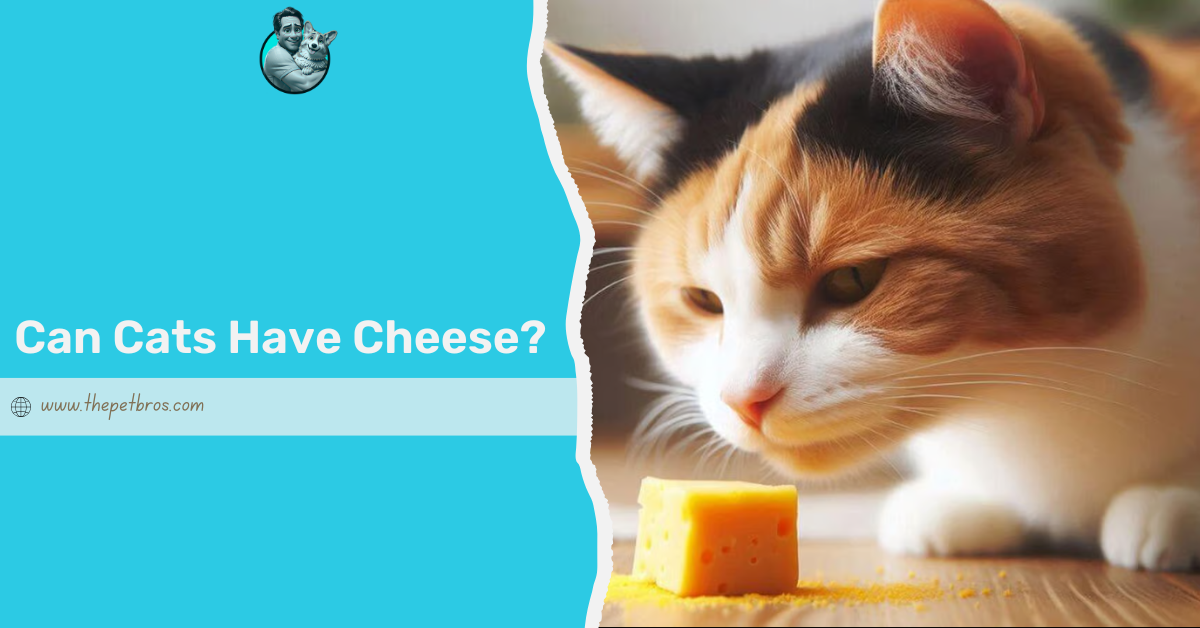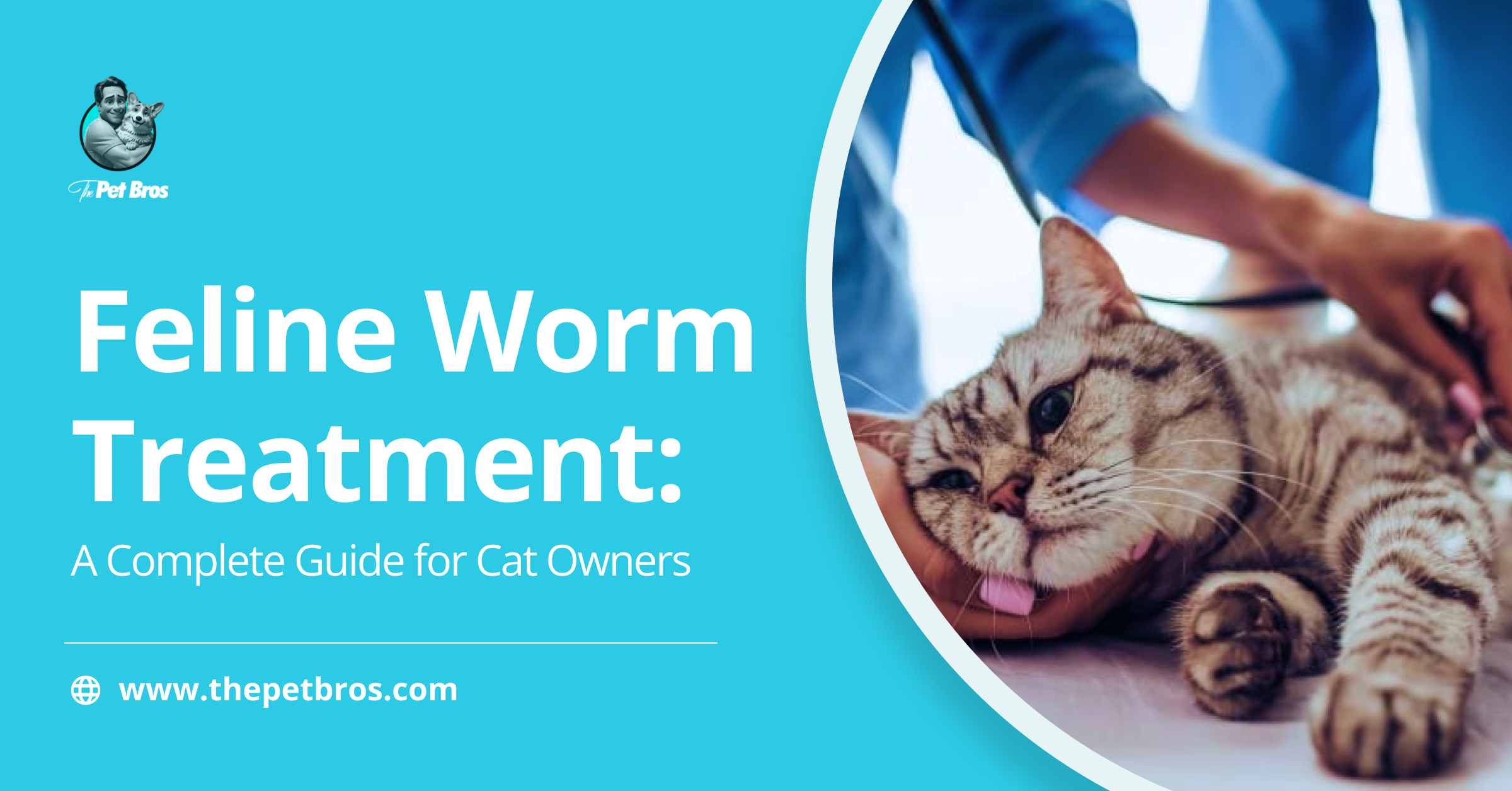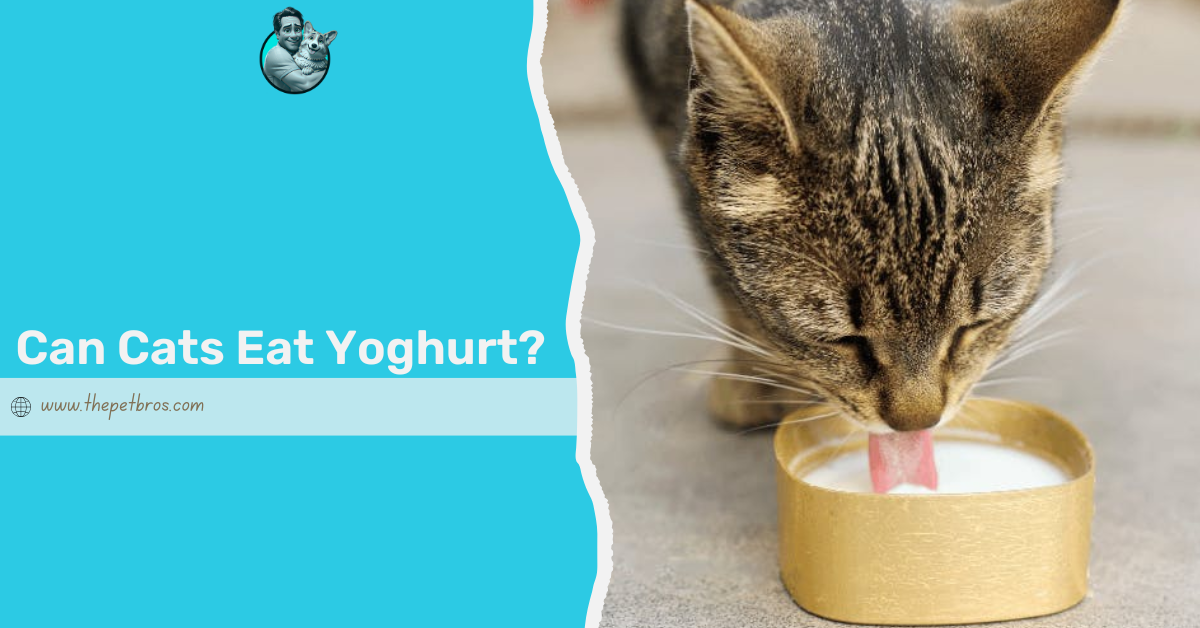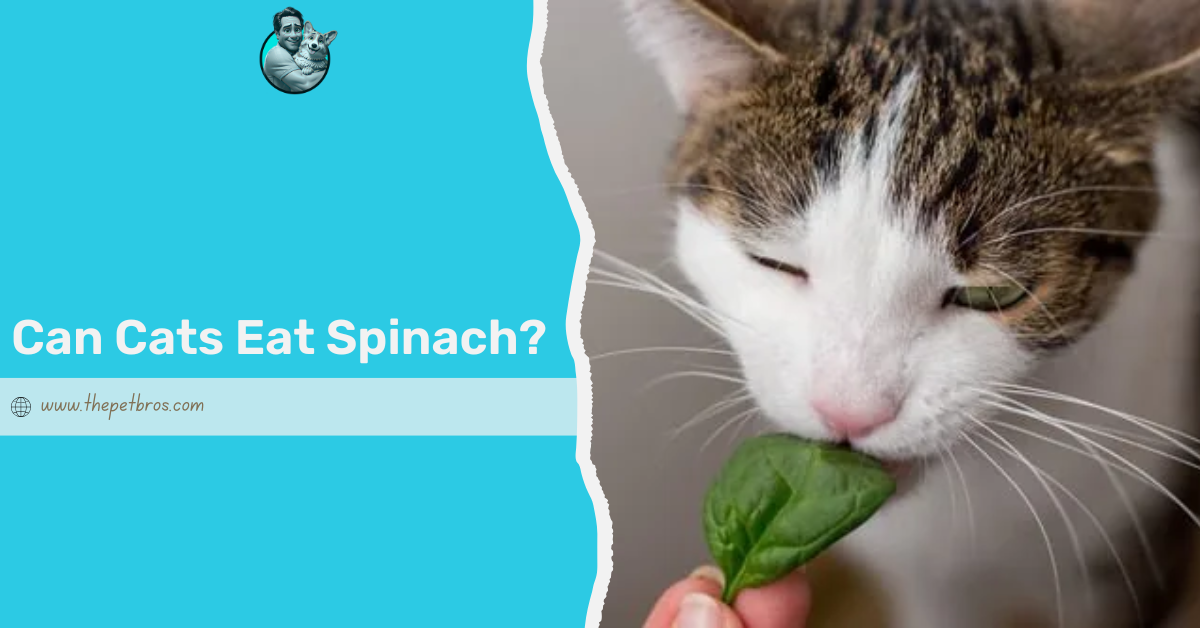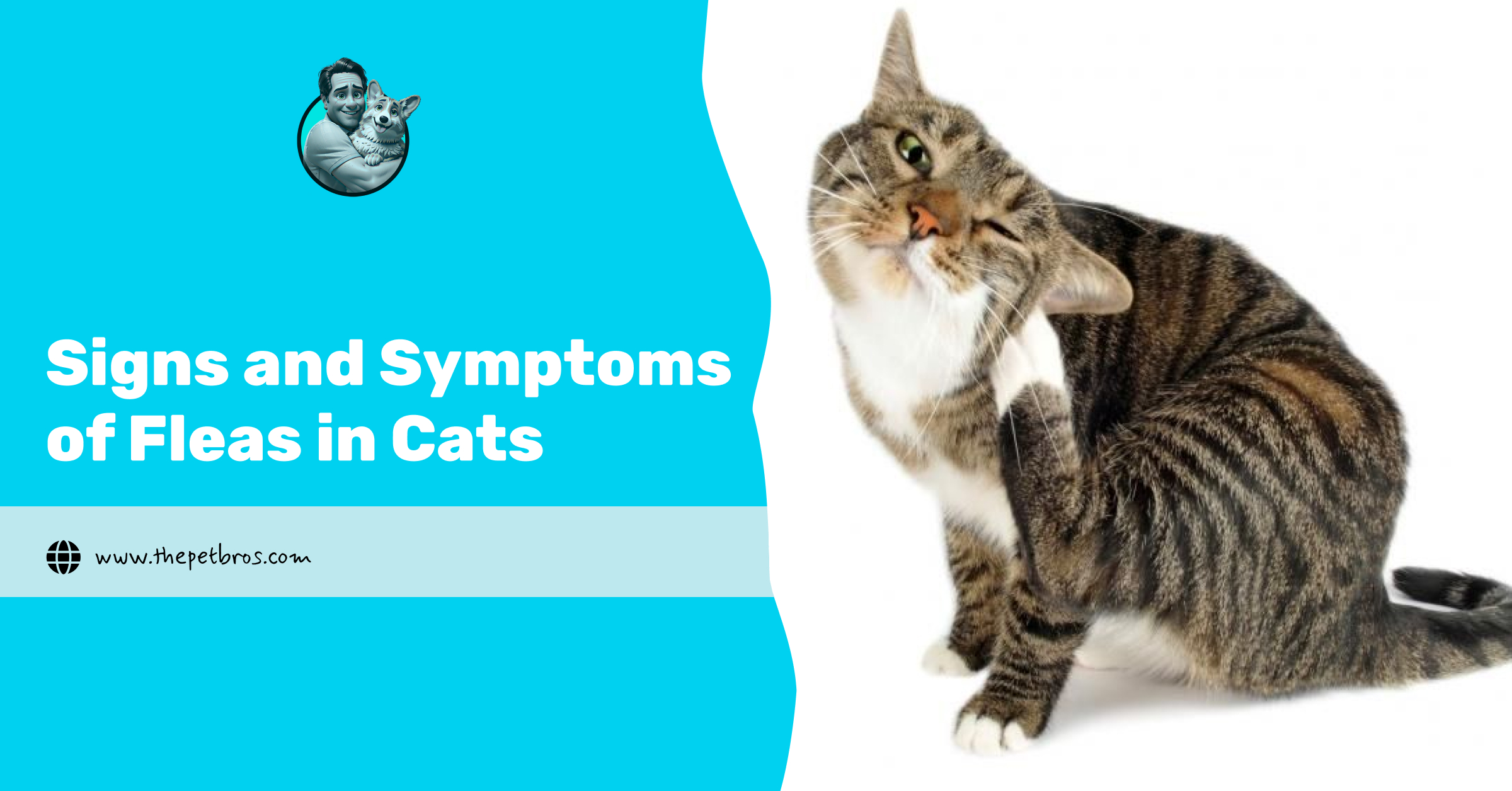Some cats will stalk a toy mouse for hours, and others will stalk your dinner plate the moment they smell rice. It’s hard to resist those big eyes begging for a taste, but can cats eat rice without any trouble? Surprisingly, yes, just a little and only when it’s plain and cooked.
Rice isn’t toxic to cats, but it also isn’t nutritious for them. Cats are obligate carnivores, meaning nearly all their protein and essential nutrients must come from meat, not grains. While a few soft grains of rice won’t hurt, too much can upset their stomach or lead to unwanted weight gain. In this article, we’ll have a look at when rice is safe for your cat, when it’s risky, and what your feline friend should really be eating instead.
Why Do Cats Even Like Rice, and Is It Good For Them?
We all know cats are curious creatures. They’ll chase a toy mouse for hours, but when your dinner plate comes into view, that tail starts flicking like they’ve just spotted the perfect prey. And rice? Oh, they’re definitely eyeing it. So, what’s going on here? Why do cats find rice so irresistible? The truth is, cats love copying what we do. If you’re scooping rice onto your plate, your cat’s probably thinking, “Well, that looks good enough to try!”
But is rice actually good for cats? Well, here’s the thing: rice isn’t toxic to cats (good news, right?), but it’s not precisely nourishing either. Rice is mainly carbs, and as obligate carnivores, cats need protein to thrive.
So, while it’s okay for your cat to nibble on a bit of rice now and then, it’s definitely not the main course. When feeding your feline friend, consider human foods cats can eat, such as scrambled eggs or cooked chicken, which are more closely aligned with their nutritional needs. After all, cats didn’t evolve to chase grains.
Can Cats Eat White Rice Safely?
The answer is yes, but only plain, fully cooked white rice. It’s gentle on your cat’s stomach, but feed it to your cat sparingly, limiting it to a small amount, less than a tablespoon per week. Avoid adding butter, garlic, or any other seasoning, as these can be toxic to cats.
White rice won’t provide much nutrition for your cat, but it can be a simple, occasional treat if you’re looking to mix things up. Again, that rice shouldn’t replace your cat’s main protein-rich meals.
What About Brown Rice?
No, cats should not eat brown rice. While brown rice does have more nutrients, it’s tougher for cats to digest. If you’re offering it, keep it in small portions to avoid causing bloating or gas. Cats can be pretty persistent in getting your attention (especially when they smell something on your plate), and brown rice might just be their next target. But remember, rice is not essential for a cat’s diet. Instead, offer them more protein-rich foods, such as chicken or eggs, to keep them healthy and satisfied.
So, in other words, serve brown rice as an occasional experiment, not a regular snack.
Can Cats Eat Rice for an Upset Stomach?
You may have heard that rice is a go-to food for dogs with tummy troubles, but it’s not quite the same for cats. While rice isn’t harmful, it doesn’t help with feline digestion in the same way it might for dogs.
Cats’ digestive systems aren’t built to process carbs like rice, which can lead to digestive upset, including vomiting, diarrhoea, or even gas. Over time, too much rice can cause serious health issues like obesity and nutrient deficiencies. If your cat is vomiting persistently or experiencing stomach issues, it’s time to visit the vet for a proper diagnosis.
How Much Rice Can Cats Eat?
| Amount | What You Need to Know | Recommendation |
|---|---|---|
| Small servings | Rice can be offered in tiny amounts, no more than one tablespoon per week. | Keep it rare and always plain and unseasoned. |
| Occasional treat | Rice should never be used as a substitute for a regular meal. It provides no nutritional value for cats. | Serve as a fun extra, not a staple. |
| Monitor your cat | Too much rice can cause bloating, diarrhoea, or weight gain due to its high-carb content. | Watch for any signs of digestive issues and consult your vet if needed. |
| Best served cooked | Raw rice can be harmful. Always cook rice thoroughly to make it digestible for your cat. | Boil or bake rice thoroughly, ensuring it’s soft and easily digestible. |
Conclusion
So, can cats eat rice? Yes, but only in small amounts and as an occasional treat. While rice isn’t toxic, it provides little nutritional value for cats and can cause digestive upset if overfed. Stick to plain, cooked rice and keep portions minimal.
Always prioritise protein-rich foods like chicken or scrambled eggs for your cat’s health. If your cat is showing any signs of digestive discomfort after eating rice, it’s best to consult your vet. Remember, moderation is key for maintaining a happy, healthy feline friend!
Can Cats Eat Rice FAQs
Can cats eat scrambled eggs?
Yes, in moderation and cooked plain without salt, butter, or oil.
How much rice can I give to my cat?
Less than a tablespoon per week, served plain and fully cooked.
What are the risks of feeding rice to cats?
Digestive upset, gas, bloating, or long-term nutrient deficiency may occur if overfed.






